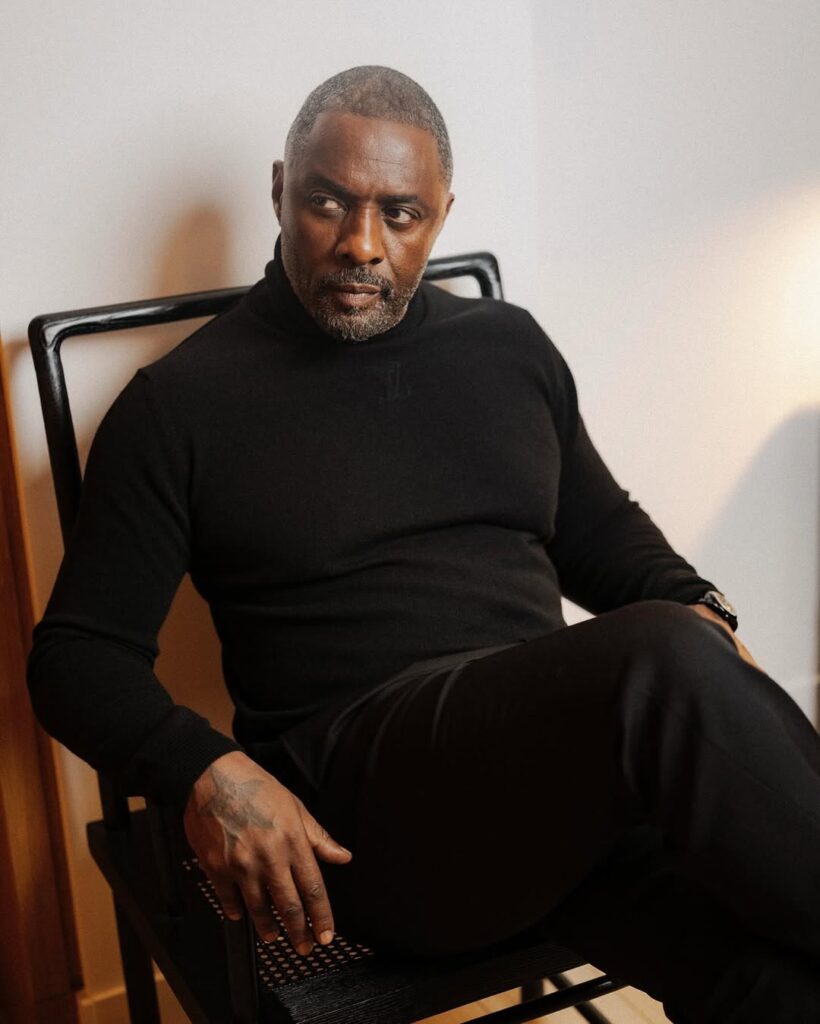As the face of the series that came to dominate headlines around the world and a defining moment in pop culture history, few could have imagined that Game of Thrones star Kit Harington was anything but over the moon. To outsiders, the actor appeared to be living the dream: he’d landed a role on what became the most successful show in history, and Hollywood directors were lining up to work with the star. The reality was far removed from the idealistic vision presented by the press, and in actuality Harington was suffering from serious depression and alcohol use issues.
In a candid interview with The Sunday Times, Harington revealed he experienced a “traumatic” period during the filming of the final season of Game of Thrones. Ultimately, it culminated in the actor checking into rehab in 2019. “I went through some pretty horrible stuff,” said Harington. “Things that have happened to me since Thrones ended, and that were happening during Thrones, were of a pretty traumatic nature and they did include alcohol.”
In the interview, Harington expressed that at his lowest, his depression and addiction made him feel ashamed and stuck. “You get to a place where you feel like you are a bad person, you feel like you are a shameful person,” he said. “And you feel that there’s no way out, that’s just who you are.” When asked if he ever felt suicidal, Harrington replied: “I will give you an answer to that question: The answer is yes. Yes of course.” He added, “I went through periods of real depression where I wanted to do all sorts of things.”
The shame Harington experienced as a result of his addiction is evident. The actor kept his suffering hidden from his costars as well as those closest to him, including his wife and GoT co-star Rose Leslie. He told the publication, “I will say about my addictions that I kept them very, very quiet and I was incredibly secretive and incredibly locked up with them.” He added, “So they came as quite a surprise to the people around me. Which is quite often the case, I guess.”
Eventually, Harington checked into an in-patient treatment facility for abuse and behaviours. Along with the alcohol abuse, he also struggled with obsessive-compulsive disorders that made daily functioning difficult. For Harington, who has now been sober for two-and-a-half years, overcoming his addiction was an empowering process that stemmed from the belief he could change.
“One of my favourite things I learned recently is that the expression ‘a leopard doesn’t change its spots’ is completely false: that a leopard actually does change its spots. I just think that’s the most beautiful thing. It really helped. That was something I kind of clung to; the idea that I could make this huge fundamental change in who I was and how I went about my life,” said Harington.
In sharing his story, Harington hopes that those experiencing the same might be encouraged to find help. “I definitely don’t want to be seen as a martyr or special. I’ve been through something; it’s my stuff. If it helps someone, that’s good.”
If you’re thinking about hurting yourself or just need someone to talk to right now, you can get support by calling Lifeline (13 11 14), the Suicide Call Back Service (1300 659 467) or Kids Helpline (1800 55 1800).
If you’re struggling with drug use or addiction, you can call Lifeline (13 11 14), or talk to someone for free and confidentially on the National Alcohol and Other Drug Hotline where you can receive support, information, counselling, or referral to services (1800 250 015).














